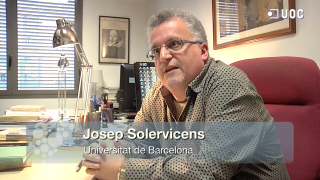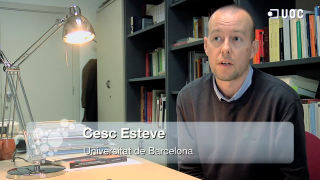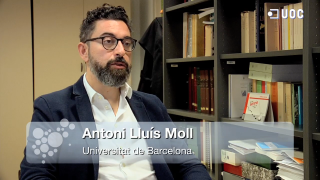Ressenya a "Renaissance Quarterly", núm 68/4
"Cristòfol Despuig’s Col•loquis de la insigne ciutat de Tortosa have been deservedly considered the most important work of literary prose written in Catalan during the sixteenth century. The reasons for this high esteem are grounded not only on the vivacity of his writing —Professor Ettinghausen should be acknowledged for producing such an exquisite text that it hardly seems a translation— but also on the importance of the topics tackled by Despuig, whose three characters stroll around Tortosa discussing education and politics, the value of Catalan as a language of culture and confronting the always pressing Crown of Castile, botany and limnology, matters related to the customs of the Church, and the role of merchants and noblemen in society, offering in sum a fresco of the Catalonia of the time. Far more importantly, Despuig excels at translating the regional into the universal, grasping overtones from some of the most influential European and Spanish humanists of the time, including Alfonso de Valdés, Erasmus, and Castiglione, without resorting to mere repetition or reelaboration, but rather imposing his own views long ago assimilated and forgotten. This modernity of Despuig has been marked by Solervicens as a distinction between the humanist, which he is not, and the Renaissance man. Overall, Henry Ettinghausen’s magnificent translation of the six dialogues offers a unique opportunity for students and scholars of the Renaissance and early modern Europe unable to read Catalan to access an informative edition of the text."




